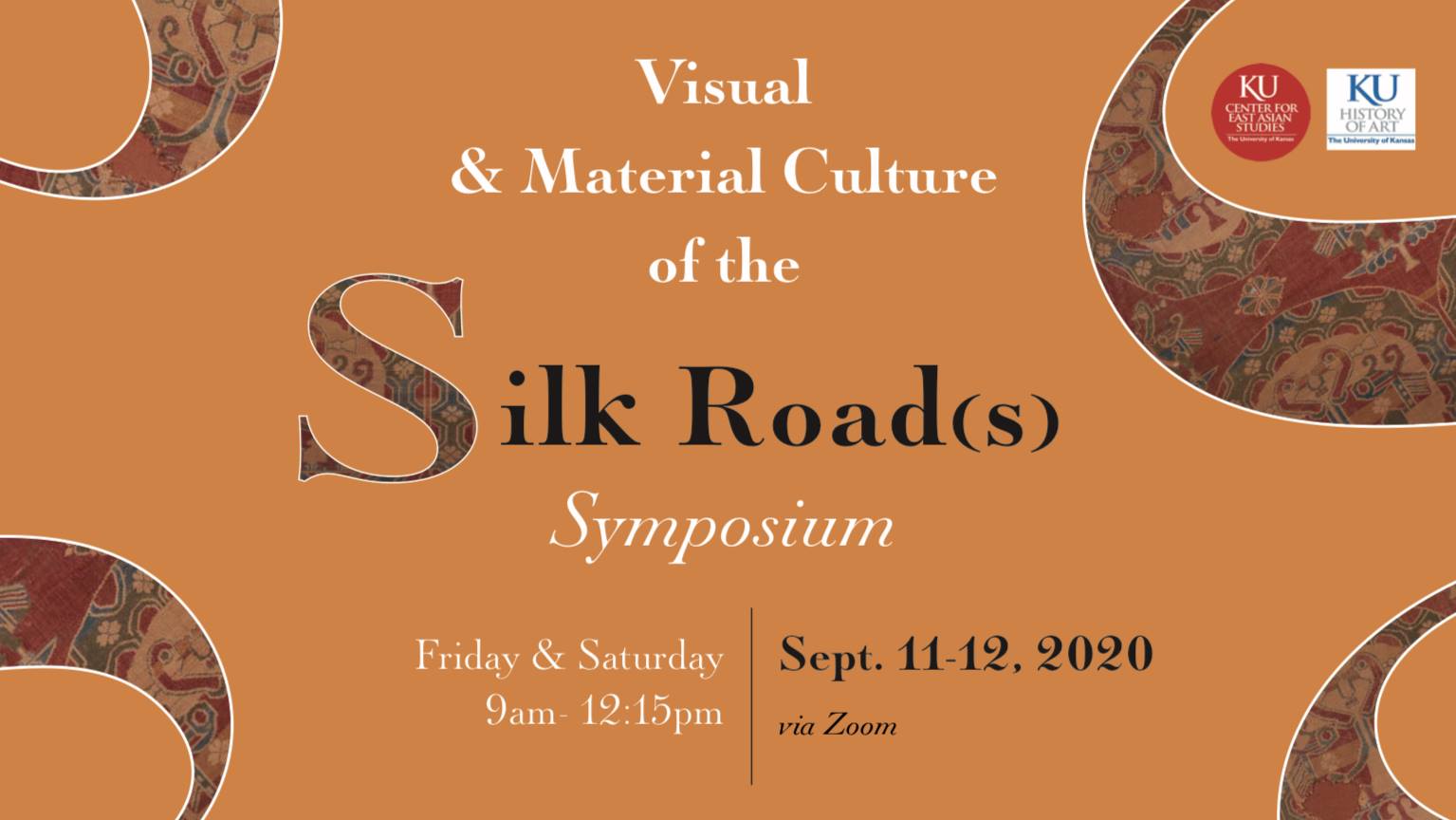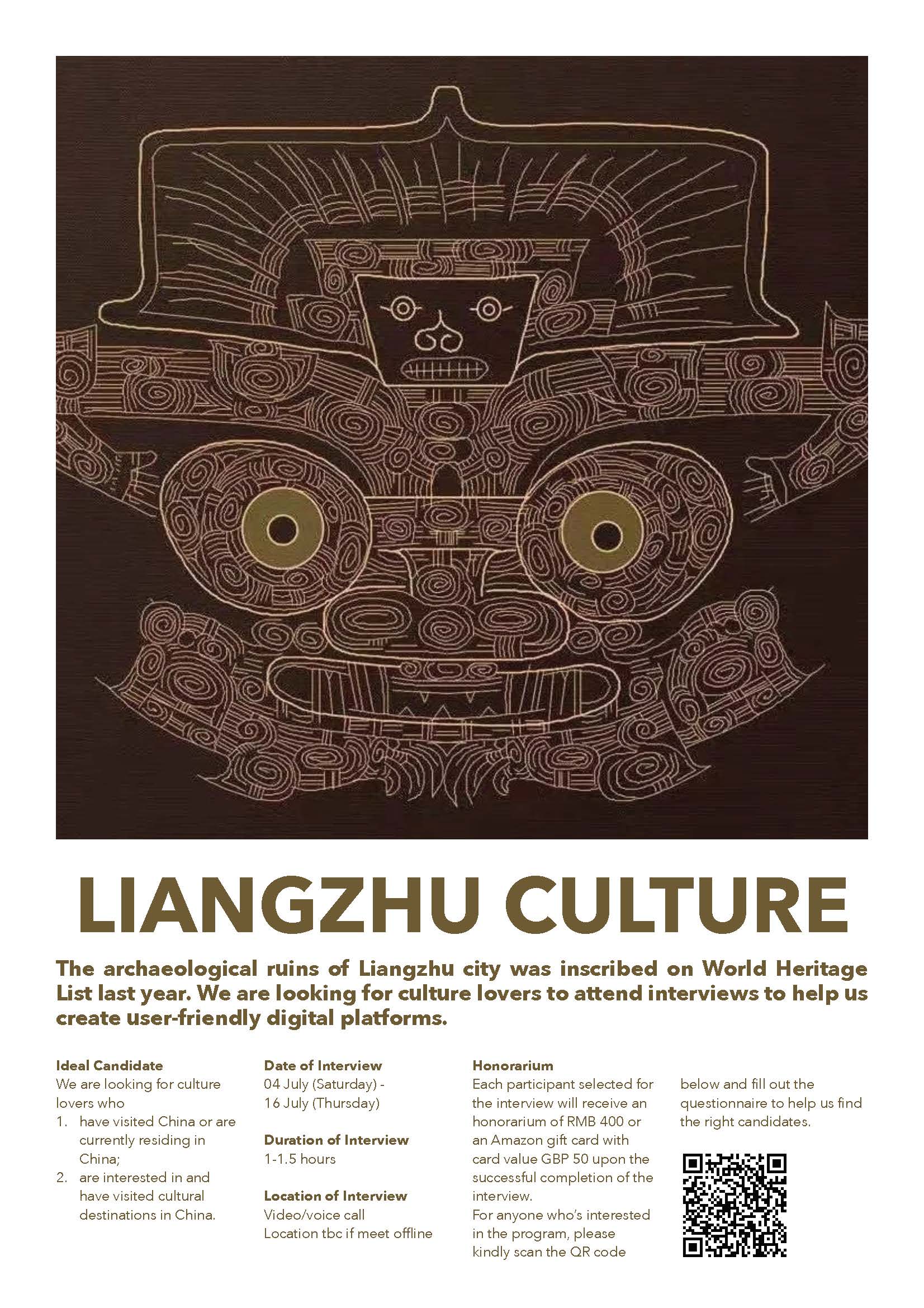Project Curator: Korean Collection
Asia
Full time
Fixed term until 22/03/2021
£30,000 per annum
Application deadline: 12 Noon, on Friday 13 September 2019
News tags
Project Curator: Reimagining the British Museum Project
2 positions available
Collection Projects and Resources
Full-Time, Fixed-Term (23 Months, end date 21 June 2023)
£38,414 per annum
Application Deadline: 12pm on 8 July 2021
The British Museum is seeking two Project Curators to join a dedicated project team in the delivery of an exciting and complex new project to place global collaboration at the heart of the Museum’s new masterplan. The Reimagining the British Museum project will develop new curatorial approaches to interpreting the collection and developing the narratives that will underpin a comprehensive redisplay of the galleries.
In this role you will work with curators and other specialists across the organisation as well as individuals and groups around the world to develop curatorial briefs for new suites of permanent galleries. You will deliver pilot projects such as displays, and digital or other public programmes to test and evaluate different collaborative methods and narrative approaches, contributing to a clear plan and framework for how the Museum will collaborate globally in the development and delivery of its masterplan. Working beyond your own area of expertise or scholarly discipline, you will provide the right environment to stimulate new thinking and debate while balancing the need to meet challenging deadlines.
The start date of these posts is planned as the beginning of August 2021.
The Society for East Asian Archaeology (SEAA) will be hosting its very first virtual book talk! Join us on Thursday 8 December 2022 at 7-9 am (EST)/12-2 pm (GMT)/ 8-10 pm (CST) as we celebrate with Dr. Qin Cao (Oriental Museum, Durham University) and Dr. Wengcheong Lam (Chinese University of Hong Kong) on the launch of their new books, “Weapons in Late Shang (c. 1250-1050 BCE) China: Beyond Typology and Ritual” and “Connectivity, Imperialism, and the Han Iron Industry”. Also in attendance is Dr.
Familiarity with unearthed materials has become the norm among scholars of early China across the world. The field has come to re‐examine narratives of early Chinese history in a more nuanced way, moving beyond questions of “doubting” or “verifying antiquity” to detail how the situation on the ground in early China related to its representation in traditional historical constructs. The fruits of this process are undeniable. Confronting entrenched historical narratives through archaeology, however, has widespread methodological and epistemological implications. Unquestioned, traditional narratives can distract scholars from the motivations of ancient actors; moreover, they can limit the broad humanistic value of early China scholarship and its reception outside the field. Unchecked, however, the incautious deconstruction of such narratives can cast pointless doubt on well-founded networks of knowledge. Further, deploying unearthed material in historiography brings the narratological habits of history into contact with the customs of field archaeology, raising both practical problems of data management and theoretical issues about the production of knowledge about the past.
Virtual Open Day for Oxford MSc Archaeology (Nov 25)
As part of the Distinguished Virtual Seminar Series in Archaeological Science, the Cranfield Forensic Institute and Grenville Turner Studios will be hosting Professor Anke Hein (University of Oxford). Professor Hein will speak about her archaeological science research on Chinese ceramics:
Double-Wares in Neolithic Northwest China: Technological 'Abominations' or Artistic Masterpieces
The Münchner Zentrum für Antike Welten (MZAW) invites applications for a Visiting Professorship in Cultural History of the Ancient World for either one or two years, starting on October 1, 2022.
The University of Kansas (KU) Center for East Asian Studies and Kress Foundation Department of Art History will be hosting a symposium "Visual & Material Culture of the Silk Road" from September 11-12, 2020 via zoom. The symposium will feature a diverse lineup of speakers from KU and other institutions [Registration information below].
Liangzhu Culture Management Committee and Shanghai Jiaotong University are currently working on a digital project for the archaeological ruins of Liangzhu city in China, which was inscribed on WHL last year. In order to create user-friendly digital platforms, we’re looking for non-Chinese culture lovers who have been to or are currently residing in mainland China to attend paid interviews. If you're interested in participating, please find more info on the flyer here.





